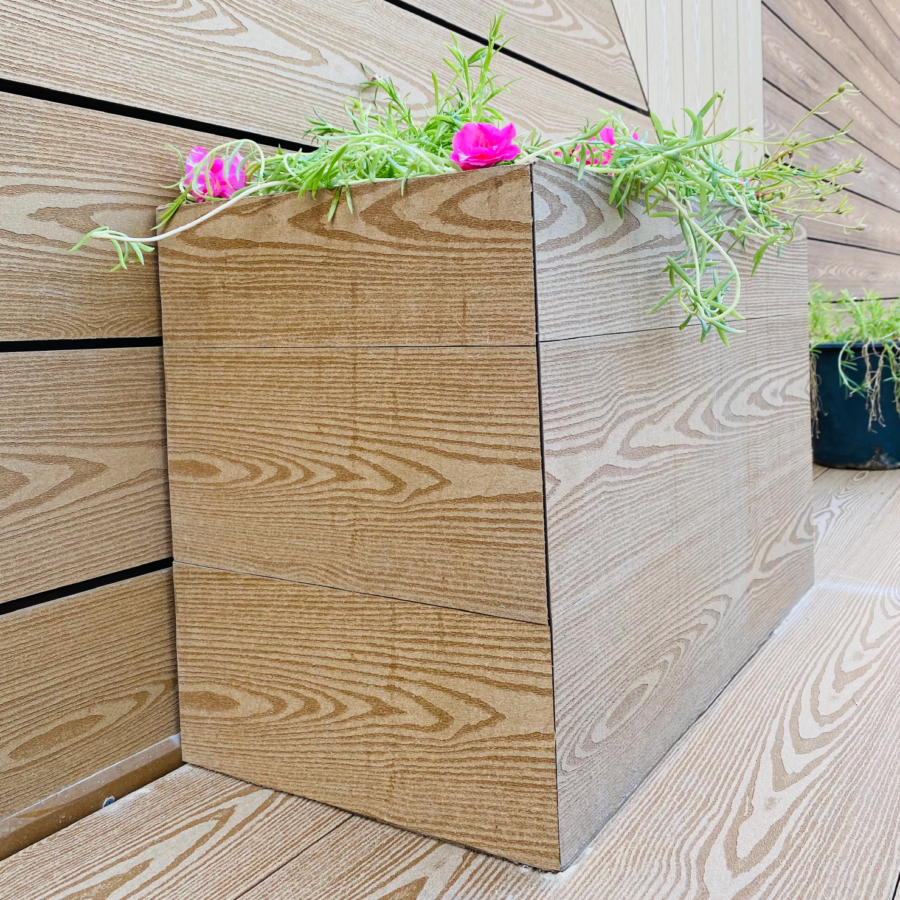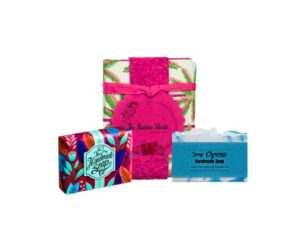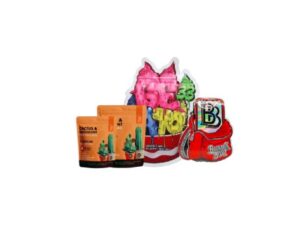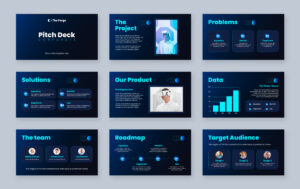The Modern Approach to Pre-Kindergarten Education
The landscape of early childhood education is changing fast. Parents today are embracing flexible and personalized ways to teach their little ones. Many families are blending homeschooling with social learning opportunities, offering children the best of both worlds personalized education and social development. Just as a day care center in Alpharetta provides structure and peer interaction, this hybrid approach creates a strong foundation for curiosity, confidence, and lifelong learning
The Growing Value of Pre-Kindergarten Learning
Pre-kindergarten education is more than ABCs and numbers it’s about nurturing curiosity, problem-solving, and emotional awareness. Through pre-kindergarten homeschool programs, children learn at their own pace while parents guide lessons around their interests. When blended with community-based learning, this approach fosters academic readiness and emotional maturity, preparing children for kindergarten and beyond.
Why Parents Are Embracing Hybrid Learning Models
Modern parents often balance demanding work schedules and family responsibilities. Many find that a hybrid learning model mixing at-home education with group experiences fits their lifestyles best. This blend mirrors the structure of a before and after school program in Alpharetta, where flexibility and enrichment go hand in hand. It provides consistency for children and adaptability for parents who want their kids to grow socially and academically.
The Power of Social Learning in Early Development
Social learning plays a huge role in shaping how young children understand empathy, cooperation, and self-expression. Even when homeschooling, exposure to peers through playdates, family co-ops, or early learning centers enhances communication and teamwork. These group settings similar to what you’d find in a day care center in Alpharetta allow children to observe, imitate, and engage in shared problem-solving experiences that can’t always be recreated at home.
Creating a Balanced Weekly Routine
A successful blended learning approach relies on structure. Families can set up a schedule that dedicates certain days to home lessons and others to community interaction. For instance, homeschool activities can happen three mornings a week, while two afternoons could be spent at a co-op or local enrichment program. By following the lead of pre-kindergarten homeschool programs, parents can design routines that keep children motivated while giving them space to play, explore, and rest.
Designing an Inspiring Home Learning Environment
The physical environment at home plays a vital role in a child’s focus and excitement for learning. Parents can take cues from professional spaces like a before and after school program in Alpharetta when designing their own learning corner. Use shelves for toys and art supplies, keep materials at child height, and add colorful visuals like letter charts or number posters. A tidy, cheerful space helps children recognize that learning is both fun and purposeful.
Encouraging Learning Through Play
Play-based education bridges the gap between structured lessons and free exploration. Activities like storytelling, building with blocks, or exploring nature promote imagination and problem-solving. These creative experiences, much like those offered in a day care center in Alpharetta, stimulate multiple areas of development at once cognitive, emotional, and physical helping preschoolers learn naturally through joyful discovery.
Building Emotional and Social Skills at Home
Even in homeschooling settings, emotional learning can be intentionally cultivated. Role-playing games, family chores, and collaborative projects encourage patience, empathy, and communication. Drawing inspiration from pre-kindergarten homeschool programs, parents can turn ordinary moments into lessons on kindness and cooperation. Teaching these soft skills early helps children feel more confident when they eventually join group environments like kindergarten.
The Importance of Community Involvement
Community activities complement homeschooling beautifully. Whether it’s library storytime, art workshops, or music classes, these outings expose children to new perspectives. Families who value social growth often participate in programs resembling a before and after school program in Alpharetta, where children experience teamwork, respect for routines, and new friendships. These early social experiences make academic learning more meaningful and enjoyable.
Managing Challenges in Hybrid Learning
Balancing home education with social opportunities can feel overwhelming at first. Parents may struggle with time management or worry about consistency. The key is to stay flexible and plan ahead use weekly calendars, rotate themes, and allow for unstructured downtime. Just as caregivers at a day care center in Alpharetta adjust their routines for different children, parents can adapt their approach based on energy levels, interests, and daily moods.
Preparing for Kindergarten Success
A blended model of homeschooling and social learning builds confidence and independence both essential for kindergarten readiness. Exposure to environments similar to pre-kindergarten homeschool programs ensures children are comfortable with following routines, sharing materials, and expressing themselves. When kids learn both at home and in group settings, they enter formal school with stronger focus, communication, and emotional regulation skills.
The Future of Pre-Kindergarten Education
The future of early learning lies in flexibility and connection. Combining homeschooling with community experiences helps children develop holistically intellectually, emotionally, and socially. With options like a before and after school program in Alpharetta, families can enrich their child’s learning journey without losing the warmth of home-based education. Ultimately, blending these methods allows parents to nurture curiosity while preparing children for a lifetime of confident, joyful learning.













